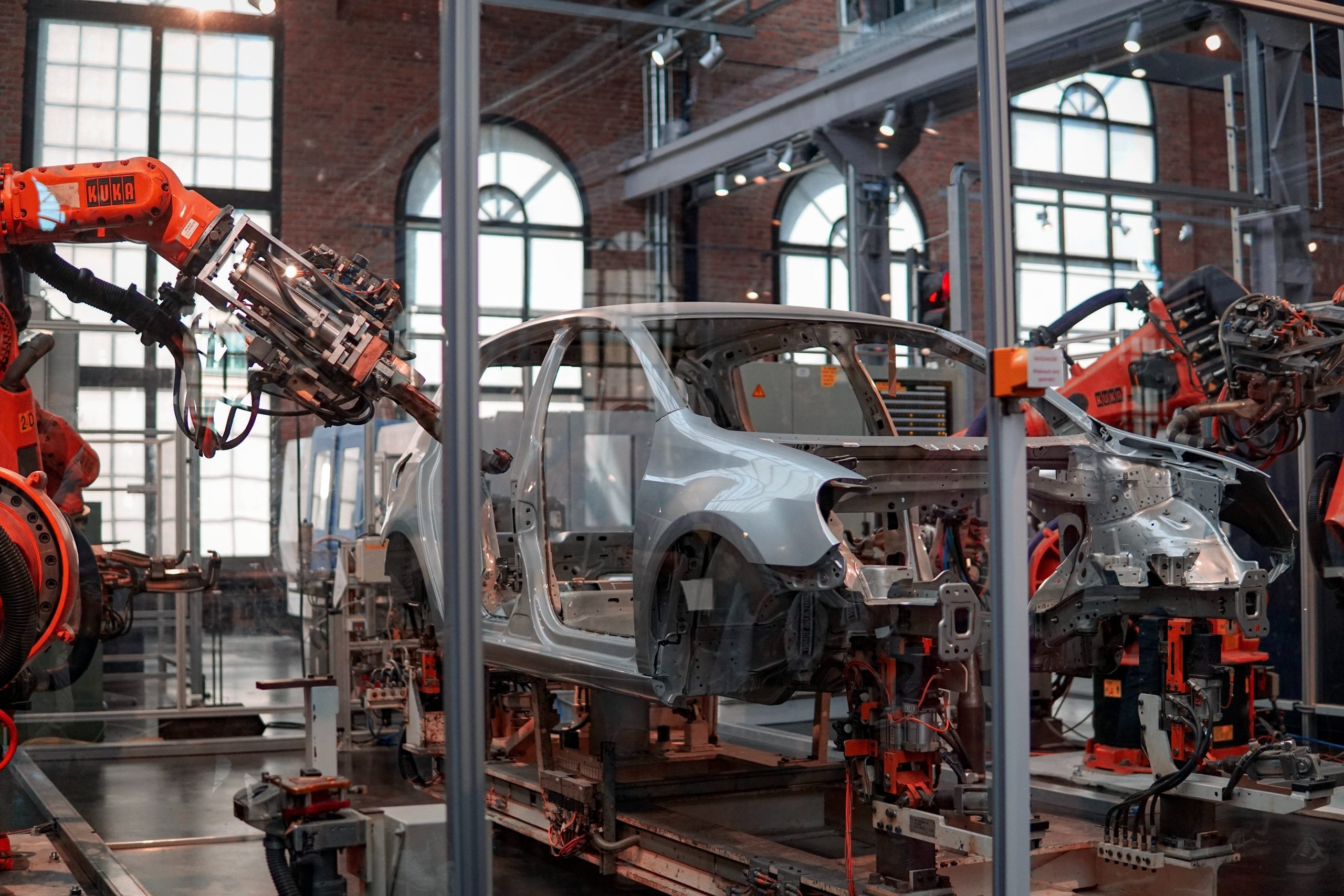
Making the Trade Adjustment Assistance Program Work for the New Economy
Summary
Existing technology could automate nearly half of all work activities today. As society continues to embrace artificial intelligence (AI), robotics, and automation, companies will need fewer workers or workers with new skills, leading to displacement. The government must assist the American workforce with acquiring skills demanded by the modern workplace and support workers in transitioning to the new economy. To do so, the Biden-Harris administration should push Congress to evolve the Trade Adjustment Assistance (TAA) program into the Trade and Technology Adjustment Assistance program (TTAA) to help workers displaced not just by trade but also by advancements in emerging technologies, such as AI and robotics.
The expanded TAA program should include (1) a centralized administrative infrastructure, (2) a cutting-edge and comprehensive upskilling platform, and (3) “rainy day” funds for temporary worker assistance. The comprehensive upskilling platform, in particular, sets the proposal outlined in this memo apart from other proposals to update TAA, such as the TAA for Automation Act of 2019. The TAA for Automation Act aims to include workers displaced by automation as a group eligible for TAA services. TTAA proposed herein goes further, seeking to rethink TAA’s upskilling and training component from the ground up.
FAS is invested in seeing more students gain science and technology skills and enter STEM careers, both for students and for our country’s competitive advantage.
By investing in the mechanisms that connect learning ecosystems, policymakers can build “neighborhoods” of learning that prepare students for citizenship, work, and life.
Early-career and out-of-state teachers tend to be most heavily concentrated in Alaska’s rural schools, where they face a steep curve in adjusting to a new way of life while learning the ropes of teaching.
The next administration should establish a national, federally-funded initiative to develop a robust and diverse pipeline of STEM talent.